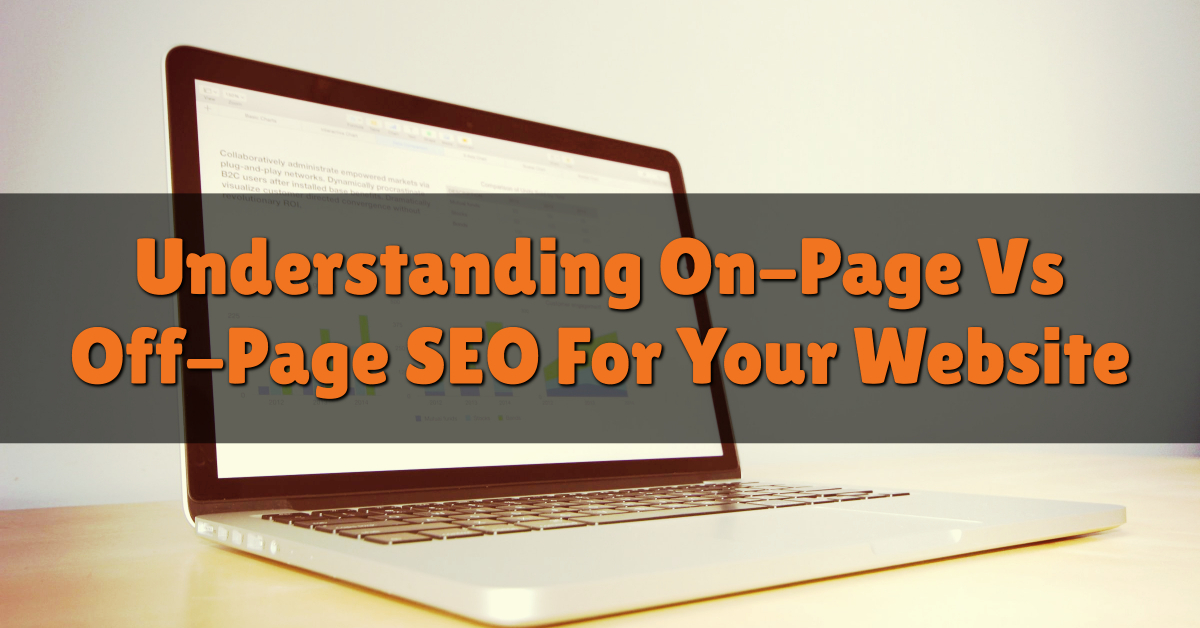
SEO (search engine optimization) is a broad term that refers to any actions taken to make a site rank better on search engines like Google, Bing, and Yahoo – i.e. to make the site show up higher in the search results when people search for a certain word or phrase.
Within the broad term of “SEO,” there are several sub-divisions or categories. Two of those categories are on-page SEO and off-page SEO. Both on-page SEO and off-page SEO seek to make your site rank better on search engines, but besides that, they are fairly different. A combination of both on-page and off-page SEO is needed to make a site rank well.
What is on-page SEO?
As you can probably tell from the name, on-page SEO refers to the wide variety of actions that you can do on your site to optimize it for SEO – things like the content, design and coding. A site’s search engine ranking is heavily determined by on-page SEO and how well optimized the site is. Here are some of the things that would fall under the banner of on-page SEO.
Content
If you run a blog, everything you write an article or a blog post and include keywords, you are improving your blog’s on-page SEO – the keywords help to show the search engines what your content is about, which will then boost your position in the rankings. Page content is one of the best ways of getting your website ranked, but it takes time and still requires putting effort into high quality articles.
URLs
URLs are another aspect of on-page SEO. Not everyone knows this, but the URLs of a website can be modified to include a keyword, which further optimizes a site’s on-page SEO.
Images
Image descriptions can also be changed so that they include keywords. Images also have things called alt-text, which is not visible to your average user. This can also be modified to include keywords that search engines will pick up on.
Site optimization
Not all on-page SEO related to keywords. Even doing things like changing a site to make it mobile friendly or to make it load faster fall under the banner of on-page SEO. The reason for this is that Google rewards sites that do these things.
Off-page SEO
Off-page SEO encompasses a variety of actions that can improve a site’s ranking without actually changing anything on the site itself. For example, sharing links to your site on social media will improve your site’s search engine ranking because those social media links are considered backlinks. But, because sharing links to your site on social media does not actually change anything on the site itself, it falls under the banner of off-page SEO. Anything involving backlinks will be classified as off-page SEO.
Get the SEO help you need
Managing your own SEO can be a huge investment of time and energy. And with so many algorithm changes from Google, it's hard to stay on top of all the things you need to do in order to keep your site highly ranked. That's exactly why we've chosen to include SEO management among our services.
To learn more about engaging our highly experienced team of SEO professionals to help drive more search traffic to your business, head on over here now.
